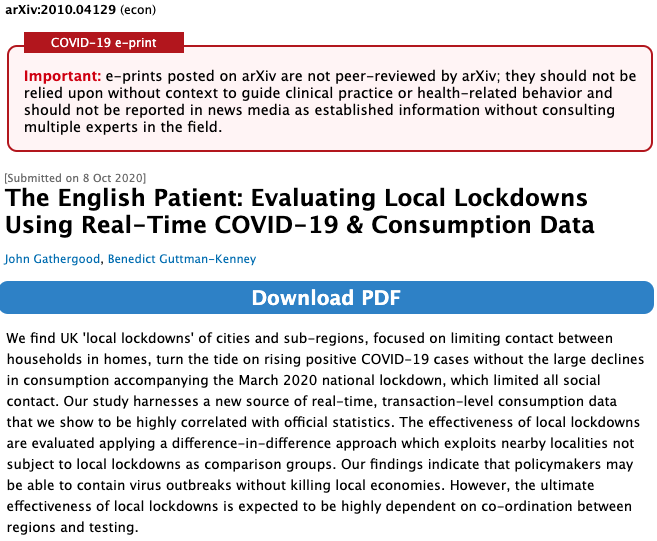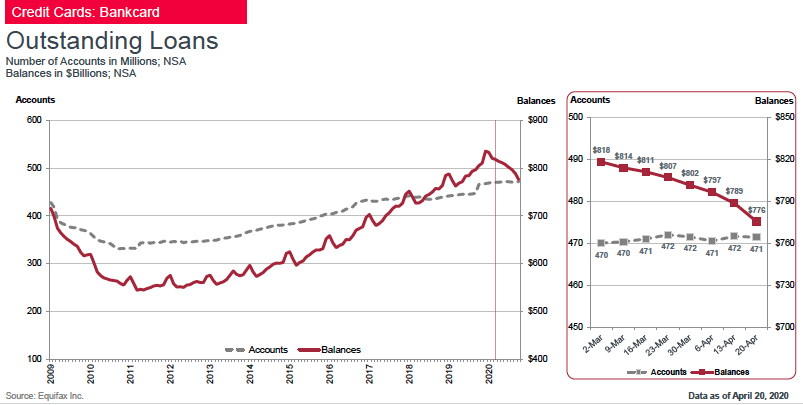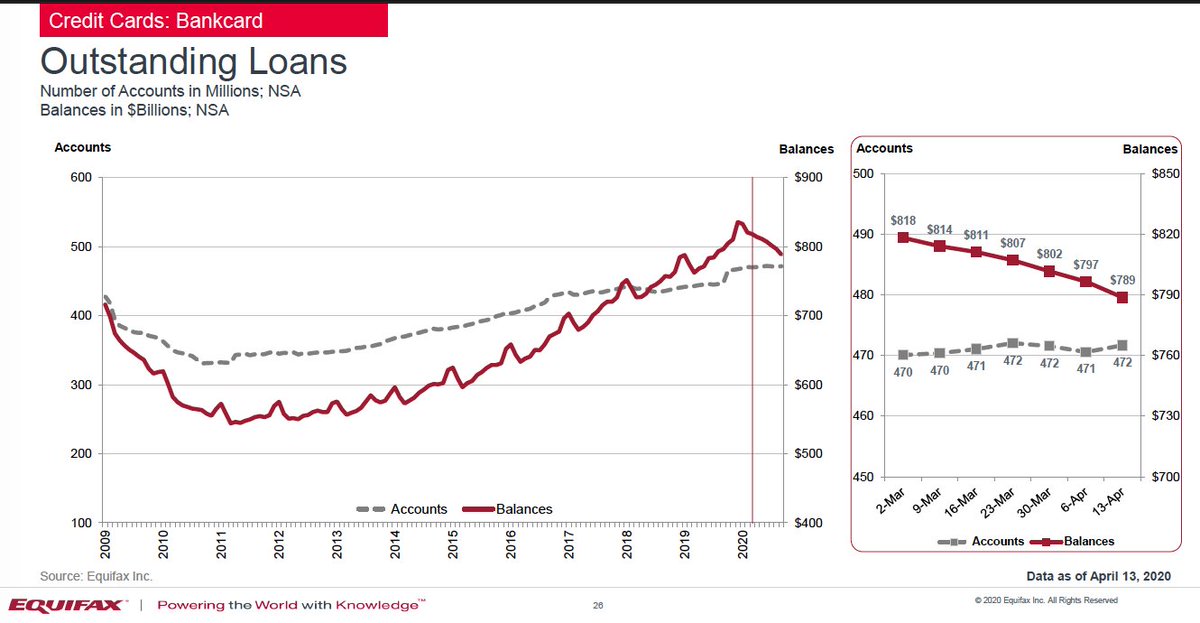
♥️A valentine’s gift ♥️: New short working paper `Buy Now, Pay Later (BNPL)...On Your Credit Card’ with Chris Firth & @johngathergood @ChicagoBooth @WarwickBSchool @UoNEconomics
Paper: arxiv.org/pdf/2201.01758…
Thread ⬇️ 1/9 #saywhatyoufound #householdfinance #BNPL #econtwitter
Paper: arxiv.org/pdf/2201.01758…
Thread ⬇️ 1/9 #saywhatyoufound #householdfinance #BNPL #econtwitter

BNPL is a FinTech credit option to defer payments into 1+ (often <5) 0% interest instalments.
Next time you shop online you’ll likely see BNPL firms (e.g. Afterpay/Clearpay, Affirm, Klarna) as a payment options 👀
🇬🇧 BNPL is larger than payday lending market at its peak! 2/9
Next time you shop online you’ll likely see BNPL firms (e.g. Afterpay/Clearpay, Affirm, Klarna) as a payment options 👀
🇬🇧 BNPL is larger than payday lending market at its peak! 2/9

BNPL is largely unregulated. But UK & US financial regulators (CFPB, FCA) are considering BNPL regulation.
Where's the BNPL research to inform them? Searches on ArXiv found 0 papers, on SSRN 1 (law) paper.🤯
Our paper provides a quantitative starting point for this topic 3/9
Where's the BNPL research to inform them? Searches on ArXiv found 0 papers, on SSRN 1 (law) paper.🤯
Our paper provides a quantitative starting point for this topic 3/9
We use 🇬🇧 credit card transactions data to study BNPL.
Finding 1: BNPL instalments are commonly charged to credit cards: 19.5% of active credit cards in our 2021 data have BNPL instalment.💳
We estimate (with many caveats!) 40-50% of all UK BNPL is charged to credit cards. 4/9
Finding 1: BNPL instalments are commonly charged to credit cards: 19.5% of active credit cards in our 2021 data have BNPL instalment.💳
We estimate (with many caveats!) 40-50% of all UK BNPL is charged to credit cards. 4/9

Why does this matter?
Transforming a 0% interest, amortizing BNPL debt to credit card debt where typical interest rates are 20% and amortization schedules decades-long raises doubts on consumers’ ability to repay BNPL debt (e.g. see here rules applying to regulated credit). 5/9
Transforming a 0% interest, amortizing BNPL debt to credit card debt where typical interest rates are 20% and amortization schedules decades-long raises doubts on consumers’ ability to repay BNPL debt (e.g. see here rules applying to regulated credit). 5/9

BNPL is a rapidly growing market around the world.🌎🌍🌏
Finding 2: Charging BNPL to credit cards is growing rapidly too. 6/9
Finding 2: Charging BNPL to credit cards is growing rapidly too. 6/9

Finding 3: Charging BNPL to credit cards is most common among younger consumers. It is common across all parts of the 🇬🇧. 7/9 

Finding 4: Charging BNPL to credit cards is most common in the most deprived areas (local government districts) in England.
Moving from least to most deprived area has ~30% higher BNPL usage.
The most vulnerable people using BNPL most is a warning flag for regulators. 8/9
Moving from least to most deprived area has ~30% higher BNPL usage.
The most vulnerable people using BNPL most is a warning flag for regulators. 8/9

There’s an important need for more academic research to understand BNPL and inform UK and US BNPL regulations.
Our paper is just a start.
We hope you 'buy' the paper now, and it prompts new BNPL research 'later'! 9/9 ♥️
arxiv.org/pdf/2201.01758…
Our paper is just a start.
We hope you 'buy' the paper now, and it prompts new BNPL research 'later'! 9/9 ♥️
arxiv.org/pdf/2201.01758…

unroll @threadreaderapp
• • •
Missing some Tweet in this thread? You can try to
force a refresh
















